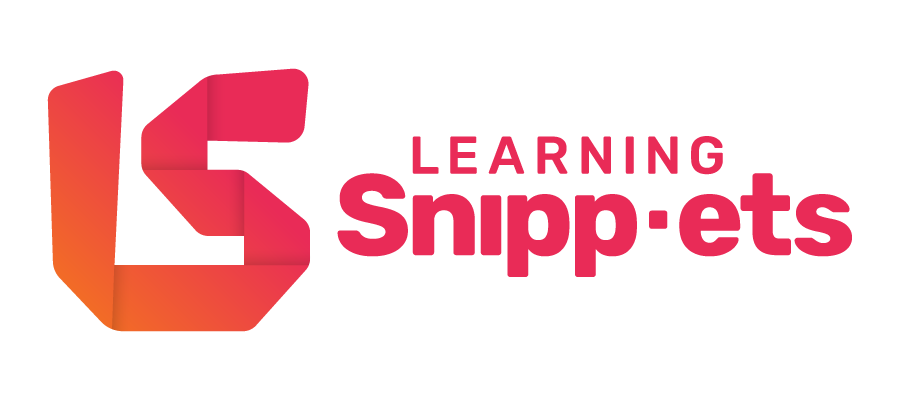This introductory-level program explores strategies for working on multigenerational teams. Through familiar workplace scenarios, it encourages learners to identify and challenge negative age-based biases and deepens their understanding of generational experiences. This program builds a foundational awareness of generational challenges, viewpoints, and strengths. It also emphasizes shared values and the universal need to feel understood and appreciated, both as a member of a generation and as an individual.








Sign up for our weekly roundup of the latest on DEI, leadership, collaboration, and learning science.
© 2024 Learning Snippets. All rights reserved.